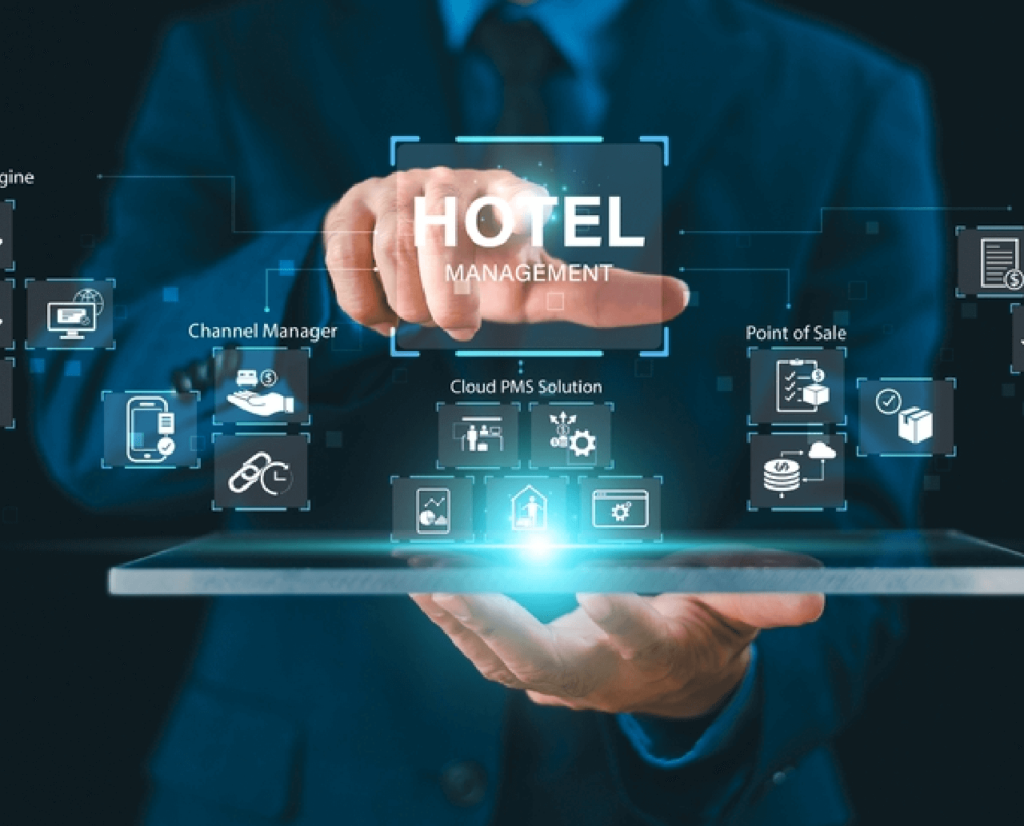The Role of Technology and Localized Integrations in Transforming Hospitality Management
The hospitality industry is undergoing a profound transformation as technological advancements redefine how businesses operate and deliver guest experiences. Cloud-based solutions have emerged as a game-changer, enabling hospitality businesses to enhance operational efficiency, improve customer satisfaction, and comply with local regulations. These tools not only streamline processes but also provide the flexibility and scalability necessary to meet the growing demands of the industry. However, as the digitalization of hospitality accelerates, the need for localized integrations has become a critical priority for businesses worldwide.
Today, systems such as e-invoicing, automated immigration check-ins, and real-time police registration are no longer optional for hotels, vacation rentals, and other hospitality providers. These integrations are essential for complying with country-specific legal requirements and for providing a seamless experience for both guests and staff. Without them, businesses risk falling behind in operational efficiency, frustrating guests, and even facing penalties for non-compliance with local laws.
Why Cloud-Based Solutions Are Essential for Hospitality
Cloud-based solutions have revolutionized hospitality management by offering unmatched flexibility, scalability, and the ability to centralize critical data. Unlike traditional systems, cloud platforms allow businesses to manage operations remotely, scale up or down depending on demand, and integrate with other essential tools seamlessly.
For example, Property Management Systems (PMS) powered by cloud technology offer hoteliers the ability to track reservations, manage room assignments, and monitor guest preferences in real-time. Guest-experience apps, on the other hand, enable personalized communication, smoother check-ins, and enhanced services throughout a guest’s stay.
Despite these advantages, many PMS platforms and guest-experience apps fail to fully align with the varying local regulations across different countries. For instance, some countries require electronic invoicing systems that comply with specific tax authority standards, while others mandate real-time integration with immigration systems to automatically register guest details. Businesses operating without these localized capabilities face significant challenges, including non-compliance, operational bottlenecks, and dissatisfied guests.

The Growing Importance of Localized Integrations
Localized integrations are critical for ensuring that hospitality businesses can comply with local laws and provide a seamless experience for their guests. These integrations connect essential systems—such as those for e-invoicing or immigration check-ins—with government databases or local authorities.
For instance, in countries where electronic invoicing is mandatory, systems must be capable of automatically generating invoices that adhere to tax authority requirements. Similarly, in regions with strict immigration regulations, hotels and vacation rentals are often required to send guest information directly to government databases in real-time. Without these capabilities, businesses risk penalties, delays, and a tarnished reputation.
To address these challenges, hospitality software providers are prioritizing the development of solutions that cater to specific regional needs. By incorporating localized integrations, these platforms empower businesses to remain compliant while maintaining high levels of efficiency and guest satisfaction.
Solutions That Address Local Compliance and Operational Challenges
To address these challenges, several solutions have emerged in the market. Tools like Chekin guest app simplify automated check-ins and ensure compliance with local immigration rules. Duve app focuses on enhancing the guest experience while offering features to streamline pre-arrival processes. For invoicing, platforms such as Billit.eu ensure electronic invoices meet country-specific tax regulations. Additionally, all-in-one PMS solutions like MiniHotel stand out by offering a wide range of integrated features, including direct connections to local authorities in specific regions. By leveraging these tools, hoteliers can ensure compliance, maintain operational efficiency, and enhance the guest journey.
Embracing these modern tools is no longer a luxury but a necessity for staying competitive in the hospitality industry. Cloud-based solutions with robust local integrations provide a foundation for operational excellence and regulatory adherence. As the industry continues to evolve, hospitality businesses must prioritize software that not only optimizes internal processes but also addresses the complexities of local compliance. By doing so, they can deliver exceptional experiences while navigating the intricacies of global and regional regulations.
In conclusion, the future of hospitality management lies in the seamless integration of technology and localization. By adopting cloud-based solutions with robust localized capabilities, businesses can stay ahead of the curve, enhance guest satisfaction, and thrive in an increasingly competitive market. Embracing these innovations is the key to delivering outstanding experiences while maintaining compliance and efficiency across diverse markets.

